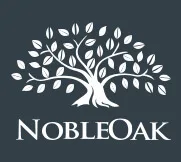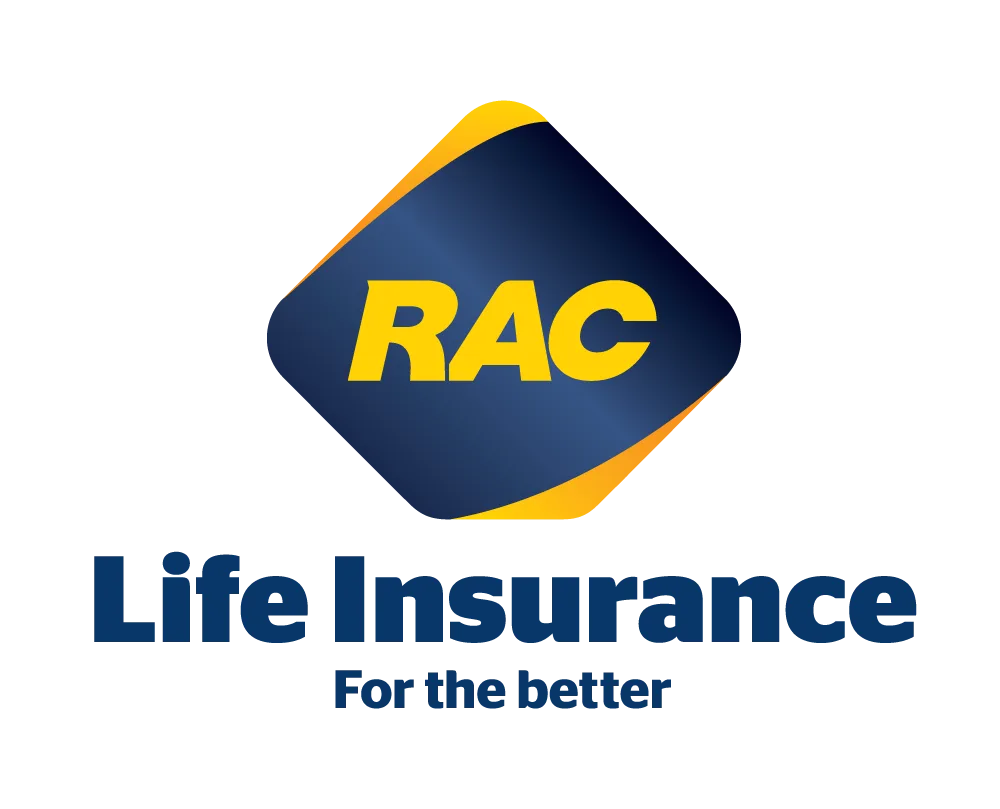
- Cheapest policy on average
- No set limit for maximum cover - only provider on the market to offer this
- 2024 Finder Awards winner




We put every effort into ensuring information on Finder is accurate. This article was reviewed by Karen Eley from our Editorial Review Board as part of our fact checking process.
Finder's life insurance methodology


Life insurance can be daunting. It's a big decision and there's a lot of confusing and intimidating jargon.
To make your decision easier, our insurance experts have analysed 15 life insurance policies.
The shortlist is based on 2024 Finder Awards, customer reviews and APRA data. All the policies selected can pay your beneficiaries a lump sum if you pass away.
There are 24 life insurance companies in Australia, according to the Australian Prudential Regulation Authority. We've only analysed direct life insurance policies. These are ones that can be bought directly from an insurer, as opposed to through a broker.
Keep in mind, what's best for you might not be best for someone else. You can use our top picks as a starting point, but you should find the best cover for your specific needs.
There are three ways to buy life insurance: retail, direct or through your super. They all have their pros and cons, so take the time to understand which one is right for you.
Use Finder's online life insurance tool to compare life insurance. Our table shows key features at a glance but click "view details" and you'll see a more in-depth breakdown of each policy.
Don't be tempted to lie if you have a smoking habit or any pre-existing conditions. If you do, you might find your claim is denied further down the line.
Don't just pick a benefit amount arbitrarily. Sit down and work out how much your family would really need to get by if the worst was to happen.
We know it's boring but do your best. The PDS contains everything you need to know about your policy and insurers are getting better at writing them without all the jargon.
At first glance all life insurance policies might look the same, but there are a few key features to keep an eye on so you can see if you're getting the best option for you.
Why you can trust our research
15 life insurance policies analysed
170+ prices gathered
100+ hours of research
"Work out the cover benefits you need and be clear on what you're looking for. Do you want a significant lump sum payout to make sure your family's looked after if you die or suffer a terminal illness? Is it important your policy comes with a funeral benefit that pays out quickly? Knowing these answers before you dive into your research can help to narrow down the search."
"Pick the right cover amount by working out how much your family would need to get by – and maintain their lifestyle – if you were no longer around. Knowing how much life insurance you need means you'll avoid paying more than you should."
 You pay nothing. Finder is free to use. And you pay the same as going direct. No markups, no hidden fees.
You pay nothing. Finder is free to use. And you pay the same as going direct. No markups, no hidden fees.
 You save time. We spend 100s of hours researching life insurance so you can sort the gold from the junk faster.
You save time. We spend 100s of hours researching life insurance so you can sort the gold from the junk faster. You can trust us. We say it like it is. We aren't owned by an insurer and our opinions are our own.
You can trust us. We say it like it is. We aren't owned by an insurer and our opinions are our own.
A rundown of the tricky definitions for life insurance. Plus, what to look for when you're comparing.
Karen Eley is the founder of Women Talking Finance, which provides money coaching and financial literacy and education services. An experienced and former financial adviser who has worked in financial services industry for 22 years, Karen is a Certified Money Coach (CMC), holds a Bachelor of Accounting and an Advanced Diploma in Financial Planning and CFP.
Learn about the different types of life insurance available in Australia, and when you might need to take out cover.
Having the right life insurance policy is invaluable if something happens to you unexpectedly. Find out what makes your policy worthwhile.